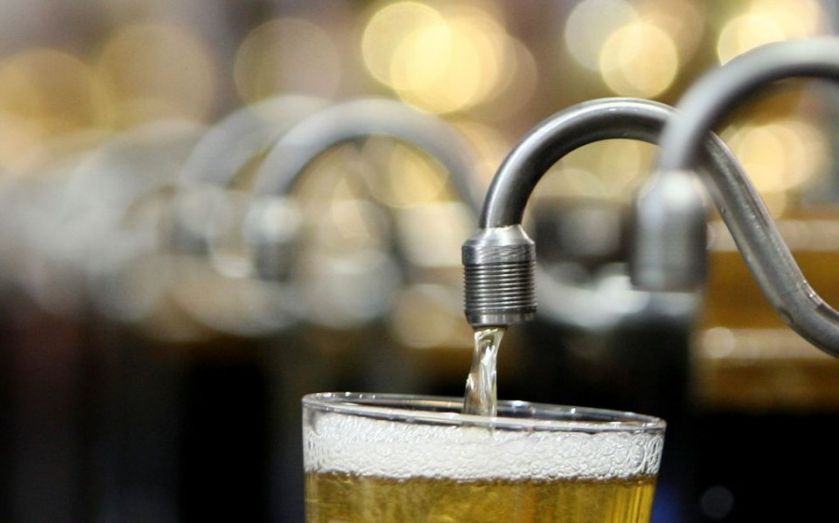Small beer Budget: George Osborne deserves credit for holding back on the bribery

We should “choose the future” George Osborne insisted yesterday, in what may yet turn out to be his final Budget. But in truth, he spent much of his time focusing on the recent past. Employment has been buoyant and now stands at a record high. Those who predicted that spending constraint would lead to an explosion in joblessness have been proven wholly and categorically wrong. The British economy has been growing pretty rapidly – considerably better than Germany’s and enormously better than France’s. The good times are going to keep on coming too, with our national income expected to continue to tick up at about 2.5 per cent a year. The average household is now, finally, better off than when this government came to power.
Britain was “walking tall” once again, the chancellor told us. Perhaps the British electorate shares Osborne’s pride in the way our economy has steadily recovered and will reward the Conservatives at the ballot box on 7 May. Certainly, the Tories now seem to be relying on a record of basic competence to see them returned to office, because in terms of handouts, bribes and giveaways, there wasn’t an enormous amount for anyone to cheer.
Osborne actually deserves some credit for this. Although widely perceived as a highly political chancellor, he wasn’t tempted to make some grand, unaffordable gesture seven weeks out from the election. There were a few tweaks and a few changes, but there was no rabbit pulled from the hat.
The fact is that, for all the sound and fury surrounding the coalition’s austerity programme and cuts to government expenditure, deficit reduction has proceeded at a snail’s pace. Plan A was to eliminate the deficit entirely by the end of this Parliament. The chancellor long since abandoned that plan and has burnt his way through plans B, C and D as well. Even with the economy motoring along at a reasonable clip, the government intends to overspend by £120bn in the next three years. The failure to bear down seriously on government spending since 2010 meant there was very little room for tax reductions.
So Osborne attempted to present us with a few tasty morsels rather than with anything approaching a feast. Some of the measures were welcome, but none were heroic.
The basic income tax threshold is to be edged up to £11,000 and, at last, there will be some upward movement in the threshold at which people start paying the higher rate of income tax, along with a commitment to ensure that only those earning over £50,000 will pay the 40p tax rate by the end of the decade. This is a step in the right direction, but in reality, the thresholds are only to be raised broadly in line with anticipated growth in earnings.
Savers who have suffered from historically low interest rates get something of a boost too, with basic rate taxpayers now exempted from the first £200 of tax on their savings income. Higher rate taxpayers, meanwhile, could find themselves £100 better off every year.
The fuel duty escalator has surely been consigned to history, with no one surprised to hear the chancellor announce another freeze.
Alcohol duties are also moving in the right, downwards direction, with a penny off beer duty. In real cash terms, though, even very heavy drinkers will only find themselves a few pounds a year better off – they can effectively have one free pint of beer every six months courtesy of the chancellor.
Sadly the penny hasn’t dropped at the Treasury when it comes to tobacco taxes. The black market for tobacco has been boosted enormously over recent years by continually pushing up the price of a packet of cigarettes. Failing to freeze the duty on tobacco will only exacerbate this problem.
Elsewhere, the chancellor again displayed his tendency to fiddle and tamper with the tax rulebook. A Help to Buy Isa, which amounts to a direct government subsidy to those trying to get their first foot on the property ladder, is entirely the wrong solution to what is a chronic problem of housing supply.
VAT relief for blood banks, continued tax exemptions for the video game industry and the creation of eight new “enterprise zones” will all add to what is already an absurdly long and cumbersome tax code.
This was a small beer, not a champagne, Budget. Perhaps the electorate is just about beginning to feel a spring in its step. Osborne will be hoping so – he is selling a message of competence and confidence rather than one of celebration. In just seven weeks’ time, we’ll see whether the British public buy it.